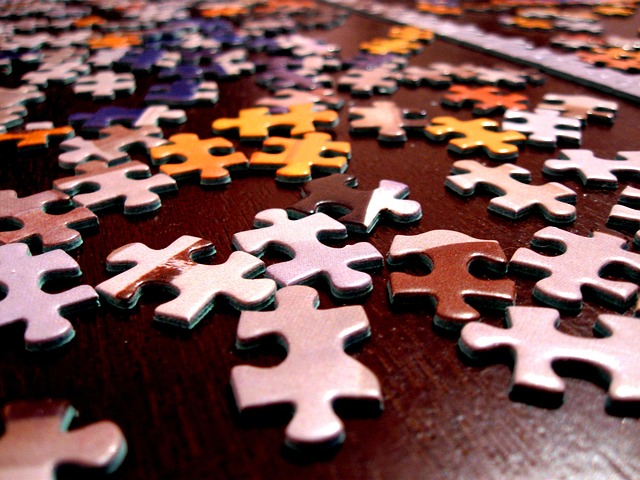The Power of Logical Tasks in Enhancing Gaming Skills: A Developer’s Perspective
In the ever-evolving world of gaming, the landscape is driven by a blend of creativity, technology, and science. As a developer, I often find myself pondering the essential elements that contribute to a player’s success in both casual games and competitive eSports. One resounding aspect that stands out is the impact of logical tasks. These challenges not only enhance cognitive skills but also elevate overall gaming experience.
Understanding Logical Tasks
What do we mean by logical tasks? At their core, they involve reasoning, problem-solving, and strategic thinking, all of which are crucial in gaming. Whether it’s solving puzzles, navigating complex maps, or devising winning strategies, these tasks require players to engage their minds actively. For many players, thriving on challenges that stimulate this part of the brain leads to a more satisfying outcome, both in casual play and in highly competitive scenarios.
Games as a Platform for Cognitive Growth
From role-playing games (RPGs) to first-person shooters (FPS), engaging gameplay often revolves around logical tasks. Take puzzle-based games, for example. They require players to analyze patterns, predict outcomes, and make critical decisions under pressure. This cognitive engagement fosters skills that transcend the virtual realm, allowing players to sharpen their problem-solving abilities in real-life situations. As a developer, incorporating these elements into game design not only enriches player experience, but also cultivates a community of strategic thinkers.
The eSports Revolution
When it comes to eSports, the significance of logical tasks magnifies exponentially. Competitors are not just participants; they’re strategists, quick thinkers, and tacticians. Tournaments often hinge on a player’s ability to read the game, anticipate opponents’ moves, and execute strategies that require split-second decisions. By integrating logical tasks into gameplay, developers can create environments where players excel not only through skill but through intelligence. Programs designed to train players in logical reasoning—such as analyzing game dynamics and player behavior—have become crucial for aspiring eSports athletes.
Fostering Community Through Challenges
Video games have always been more than mere entertainment; they’re a form of social interaction and community building. The shared experience of overcoming logical tasks fosters camaraderie among players. When facing complex challenges together, teams bond and strategize, enhancing their cooperative skills. Developers who prioritize logical tasks in their games help cultivate a culture that values teamwork and critical thinking, which are essential attributes for success, especially in eSports.
A Developer’s Role in Enhancing Gaming Skills
As we move forward in the gaming industry, it is imperative for developers to recognize the value of logical tasks in enriching gameplay. By designing games that challenge players intellectually, we not only contribute to their skill development but also elevate the gaming experience itself. The synergy between logical tasks and player engagement is one that should be cherished and nurtured. After all, the future of gaming relies on our ability to challenge the mind as much as the reflexes.
In conclusion, the marriage of logical tasks and gaming is where true mastery lies. It’s an exciting time to be a part of the development community, and I can’t wait to see how we all evolve together in this vibrant industry.




